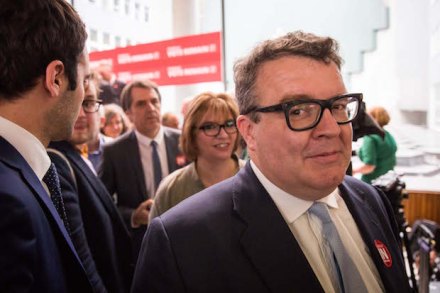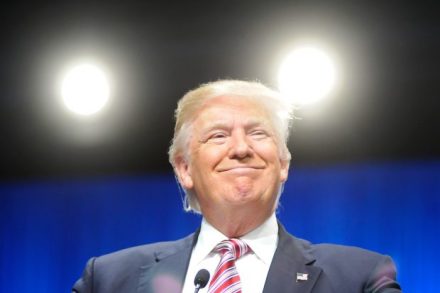Tom Watson’s Shadow Cabinet plans put on hold at NEC meeting
On Tuesday, Labour’s National Executive Committee met for eight and a half hours as Jeremy Corbyn and Tom Watson tried to steer the party in different directions. Facing the prospect of Corbyn being reinstated as Labour leader indefinitely, Watson attempted to pass a motion for the return of Shadow Cabinet elections. The deputy Labour leader’s claim that it would help ‘put the band back together’ as the party tries to heal wasn’t enough to convince the NEC. A motion to decide on the details of the plan ahead of Saturday’s leadership result was voted down, with a second motion to ensure a decision is made on Saturday also defeated. However, it wasn’t all bad news




















